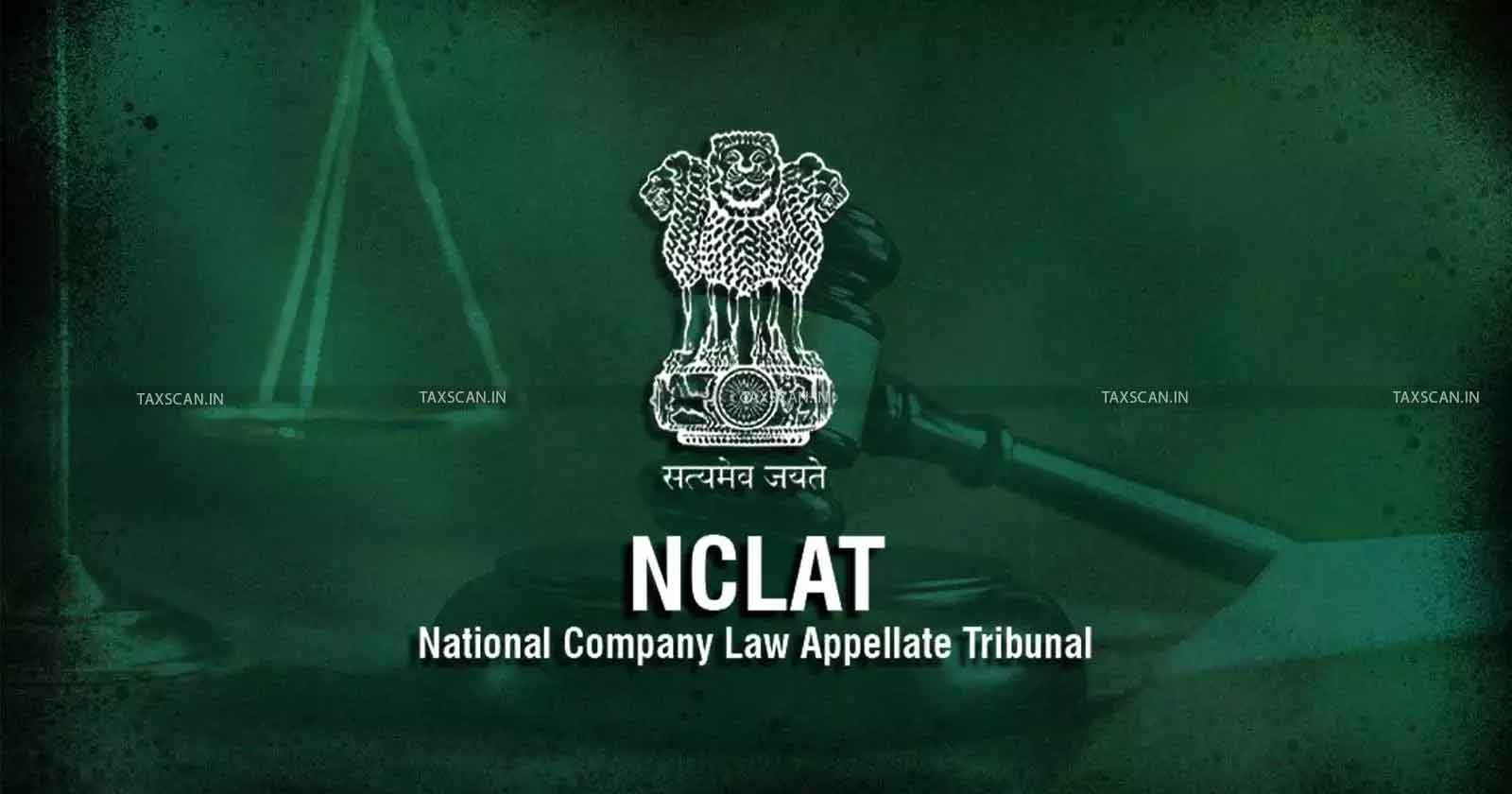Unregistered Documents Cannot Create Security Interest to Retain Title Deeds: NCLAT Dismisses Appeal [Read Order]
The NCLAT dismissed the appeal and affirmed the NCLT's order directing the appellant to hand over the original title deeds of the property to the liquidator.
![Unregistered Documents Cannot Create Security Interest to Retain Title Deeds: NCLAT Dismisses Appeal [Read Order] Unregistered Documents Cannot Create Security Interest to Retain Title Deeds: NCLAT Dismisses Appeal [Read Order]](https://images.taxscan.in/h-upload/2025/10/16/2097060-unregistered-documents-nclat-taxscan.webp)
The National Company Law Appellate Tribunal (NCLAT) has held that unregistered documents, including a Memorandum of Deposit of Title Deeds (MoDT), cannot create a valid security interest to retain title deeds of a corporate debtor's property during liquidation proceedings.
Mr. V. Jaisankar, the appellant, filed Company Appeal challenging the order of the National Company Law Tribunal (NCLT), Chennai. The NCLT had allowed an application by the Liquidator of M/s. Ganga Foundations Private Limited (the Corporate Debtor) and directed the appellant to hand over the original title deeds of a property belonging to the Corporate Debtor.
The factual background revealed that the Corporate Debtor was admitted into the Corporate Insolvency Resolution Process (CIRP) in January 2022 and subsequently into liquidation in March 2023. The appellant claimed rights over the property based on two transactions: a registered Agreement for Sale dated 30.11.2020, for which he had paid part of the consideration, and an alleged loan of Rs. 50 lakh extended on 30.12.2020, purportedly secured by an unregistered MoDT for the same property.
The Liquidator, during the sale of the Corporate Debtor as a going concern, discovered the title deeds with the appellant and sought their return. When the appellant refused, the Liquidator filed an application before the NCLT, which was allowed, leading to the present appeal.
Counsel for the Appellant, Ms. Aditya Sarangarajan, argued that the registered Agreement for Sale created a right in his favor and that he was in possession of the property. He further contended that the MoDT created an "Equitable Mortgage," establishing him as a secured creditor with a valid security interest, and therefore, the liquidator could not compel him to surrender the title deeds.
 Also Read: Logistical and Financial Difficulties Not Enough to Excuse 172-Day Delay in Refiling: NCLAT [Read Order]
Also Read: Logistical and Financial Difficulties Not Enough to Excuse 172-Day Delay in Refiling: NCLAT [Read Order]
Per contra, Mr. TK. Bhaskar, Advocate for the Liquidator, opposed the appeal. He submitted that an Agreement for Sale does not confer title, which only passes through a registered Sale Deed, a step never completed by the appellant. He argued that the MoDT was an unregistered document intended to create an "Equitable Mortgage," which is compulsorily registrable under Section 17 of the Registration Act, as amended by the Tamil Nadu Act.
Since it was not registered, it was inadmissible in evidence under Section 49 of the Registration Act and could not create any legally enforceable right. He further relied on Section 77 of the Companies Act, 2013, which mandates that a charge is not valid against a liquidator unless it is registered. As no charge was registered, the appellant could not claim to be a secured creditor. He also pointed out that the Corporate Debtor's books of accounts did not reflect the receipt of the alleged Rs. 50 lakh loan.
The NCLAT bench, comprising Justice Sharad Kumar Sharma (Member Judicial) and Jatindranath Swain (Member Technical), after considering the rival submissions, upheld the NCLT's order. The Tribunal observed that the Agreement for Sale, by itself, does not confer title and the appellant had failed to take steps to execute a Sale Deed.
Regarding the MoDT, the Tribunal held that since it was intended to create an "Equitable Mortgage," it was a document required to be registered under the Registration Act. The failure to register it meant it could not be read in evidence and could not create a valid security interest. The Tribunal emphasized that under Section 77(3) of the Companies Act, an unregistered charge cannot be taken into account by a liquidator. The absence of any entry for the alleged loan in the Corporate Debtor's books further weakened the appellant's claim.
The NCLAT dismissed the appeal and affirmed the NCLT's order directing the appellant to hand over the original title deeds of the property to the liquidator. The Tribunal concluded that the appellant had not established any legally sustainable right to retain the title deeds, either as an owner or as a secured creditor.
Support our journalism by subscribing to Taxscan premium. Follow us on Telegram for quick updates


